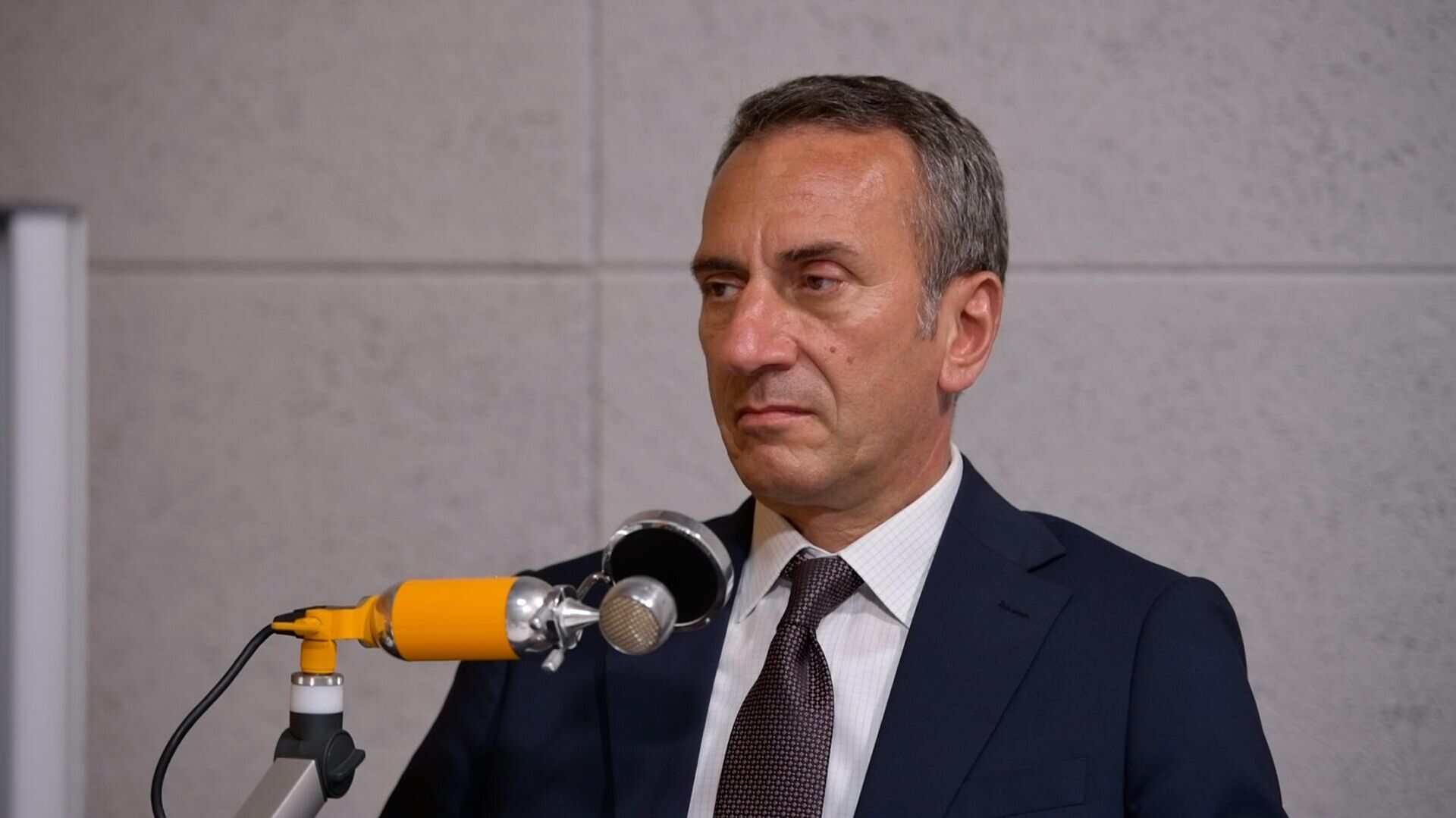LUKASHENKA SEEKS NEW ALLIES TO END THE RUSSIAN GAS IMPASSE
LUKASHENKA SEEKS NEW ALLIES TO END THE RUSSIAN GAS IMPASSE
Over the past few days Belarusian officials have held several high-level meetings involving Russia, Ukraine, and Azerbaijan, and Minsk played host to a summit of Commonwealth of Independent States leaders. President Alexander Lukashenka has used the period constructively, in an apparent quest to stave off what has long been considered a significant — and inevitable — rise in the price of gas imported from Russia next year.
His tactics have been resourceful. First, three-sided negotiations were held, involving the Belarusian state-run company Beltransgaz, Russia’s Gazprom, and the Dutch bank ABN AMRO, which has been entrusted with appraising the value of Beltransgaz to pave the way to the formation of a Russian-Belarusian joint venture that will provide significant control to Gazprom. Second, Lukashenka has made no secret of his plan to render his country more self-sufficient in energy supplies by reducing the commitment to Russian resources, using imports from other countries, as well as by constructing a domestic energy program that will likely be based on nuclear power. Third, and most intriguingly, Lukashenka has raised the prospect of forming a union with Ukraine that will allow for a common position on energy supplies from Russia and essentially move Belarus out of the Russian orbit.
None of these moves presents real solutions; rather they are diplomatic gambles to enhance the president’s bargaining power and prompt some concessions from Moscow.
The three-way discussions took place in Kyiv on November 24, with the Belarusian side represented by Deputy Prime Minister Uladzimir Semashka, and the Russians by Valery Golubev, deputy chairman of Gazprom. The cost price for Beltransgaz touted by Lukashenka — $10-17 billion — was far in excess of earlier estimates of around $5 billion. Spokespersons for Gazprom had previously suggested that the appraisal of Beltransgaz would be completed after the CIS summit in Minsk on Tuesday, November 28. According to Semashka, a joint company could be established by the end of the year. In an interview with the Interfax news agency on November 20, Gazprom press secretary Sergei Kupriyanov likewise stated that it was necessary to complete talks on the creation of the new company by January 1, 2007.
In Minsk on November 28, Russian President Vladimir Putin commented that the two sides were on their way to resolving their differences, and that Gazprom and Beltransgaz would establish a joint venture based on “50/50 terms.” On the same day, reports emerged that Gazprom would seek a “European price formula” for Belarus (a price increase of approximately 400%), but that the Belarusians would receive compensation if they agreed to sell their main gas pipelines transporting Russian gas to Europe.
Such a solution to the impasse would hardly satisfy Lukashenka, who is under the most serious pressure of his ten years as president. Although the government has indicated its desire to provide at least 25% of its own fuel needs and to turn to nuclear power to extricate itself from heavy reliance on Russia for imports of gas and oil, that solution is long term rather than short term. Indeed, there is a ten-year embargo in place on constructing nuclear reactors that does not expire until 2008. Moreover, Belarus would likely depend on Russia for its reactor technology, and constructing nuclear reactors in the republic most affected by the 1986 Chernobyl disaster would not be a popular decision at home.
Lukashenka used the CIS summit to hold separate talks with Ukraine and Azerbaijan, focusing on the question of energy security. Specifically the discussions ranged from the question of pipeline transport to the supply of gas and electricity and the reprocessing of raw materials. Ukrainian President Viktor Yushchenko commented that he and Lukashenka had discussed plans to supply Ukrainian electricity to Belarus and to route supplies through Belarus into the Baltic States. The three presidents (Lukashenka, Yushchenko, and Ilham Aliev) also discussed cooperation over the use of the Odessa-Brody oil pipeline to supply Azerbaijani oil to Belarusian oil-processing factories.
Though these options appear to supply some possibilities for Belarus to circumvent its present dependence on Russia, and the prospect of a closer partnership with Ukraine is intriguing (Minsk regarded Ukraine with hostility during the first year after the Orange Revolution), they should be perceived as maneuvers deployed by Lukashenka to offset Russian pressure and to force some concessions from President Putin. That this policy has been partially successful can be seen in Putin’s friendlier tone toward his Minsk counterpart on November 28. A prospective new agreement with Russia should provide some compensation for the formation of a joint company to replace Beltransgaz.
In the near future, however, Belarus seems set to lose control over its pipelines, and the Belarusian economy, which is anticipating a slight drop in the overall rise of GDP in 2007 (from 9.6% to 9.0%), will no longer receive subsidized gas from Russia. Lukashenka may have bought some time with his overtures to Ukraine and Azerbaijan, but the Russians are unlikely to take them very seriously. Moscow, his main ally and partner for most of the past decade, has become — at least for the time being — the main adversary.
(Belorusskoe Telegrafnoe Agenstvo, November 27 and 28; Belarusy i Rynok, November 27-December 4; Itar-Tass, November 28; RIA-Novosti, November 28; Belorusskie novosti, November 29)


